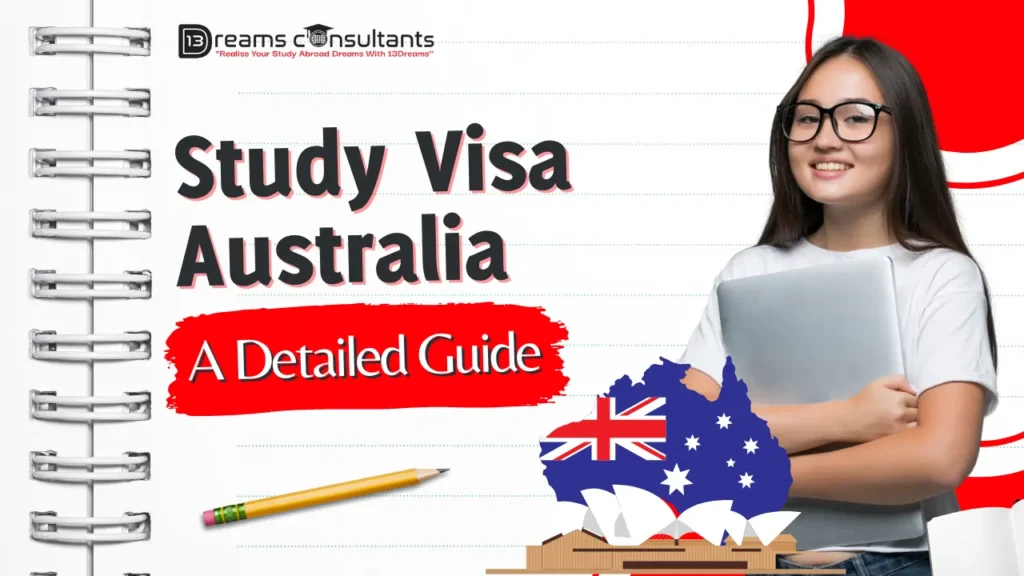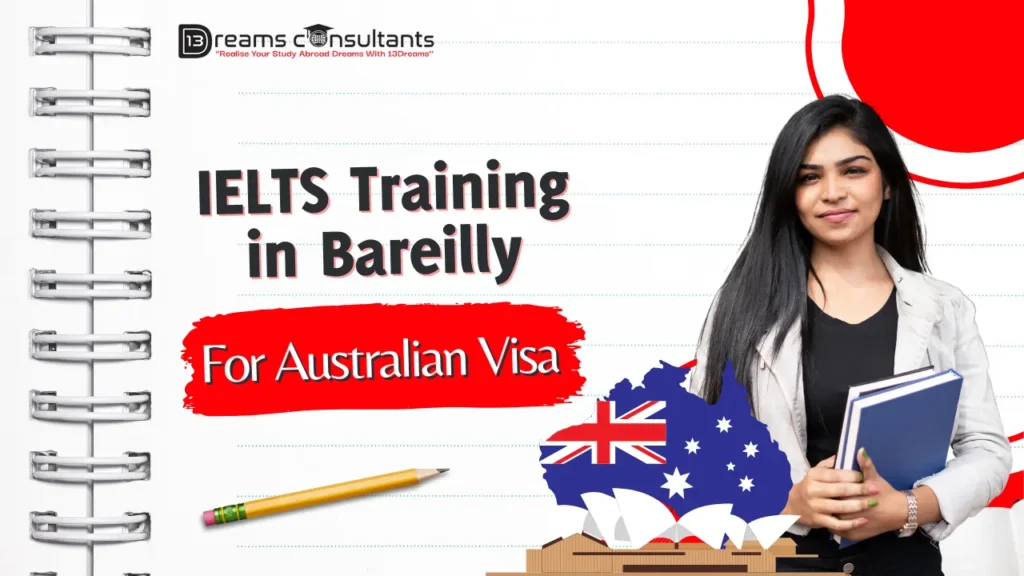To excel in study visa interview preparation, it is essential to approach the process strategically and confidently. Understanding the significance of the interview in obtaining a study visa is crucial, as it serves as a pivotal step towards achieving your academic goals abroad.
By meticulously planning and organizing your documentation, demonstrating a genuine intention to return home after studies, articulating your goals and ambitions clearly, and honing your English language skills, you can significantly enhance your chances of success.
Maintaining a positive attitude, being concise yet informative in your responses, and showcasing a strong connection to your home country are key elements that can set you apart during the interview.
Additionally, practicing with mock interviews, familiarizing yourself with common questions, and ensuring that your paperwork is in order are vital steps in your preparation.
By following these tips and approaching the interview with confidence and readiness, you can navigate the study visa interview process with ease and increase your prospects of securing a visa for your educational pursuits abroad.
- Create a good first impression: Dress smartly, be punctual, greet the interviewer politely, and maintain a professional demeanor.
- Plan for success: Research the city, university, living expenses, and budget thoroughly to provide accurate and concise answers during the interview.
- Practice active listening: Pay attention to questions, keep answers short and to the point, and ask for clarification if needed.
- Be yourself: Avoid overstating qualifications, just be genuine about your intentions to study abroad.
- Ensure you have all your documents: Proper documentation is crucial, so check government websites for the required documents.
- Demonstrate strong ties to your home country: Emphasize your intention to return home after studies, showing ties like family, property, or job commitments.
- Avoid being nervous or defensive: Stay calm and composed, even with challenging questions, and avoid becoming defensive.
- Don’t memorize responses: Focus on understanding questions and respond genuinely, as consular officers appreciate authenticity.
- Don’t rely on others to answer for you: Answer questions yourself, avoiding having family members or friends speak on your behalf unless requested.
- Don’t bring unnecessary items: Familiarize yourself with embassy guidelines on prohibited items and avoid bringing unnecessary things like large bags or electronics.
- Familiarize yourself with academic programs: Know about the university, campus culture, and achievements to demonstrate genuine interest and dedication.
- Conduct mock interviews: Practice with friends or family to refine responses, identify areas for improvement, and build confidence.
- Emphasize strong connections to your home country: Mention family, career prospects, and future contributions to show commitment.
- Communicate your financial plan: Provide comprehensive documentation like bank statements, sponsorship letters, or scholarship details to strengthen your case.
- Articulate your enthusiasm for your course: Discuss relevant experiences, achievements, or research projects to demonstrate dedication and commitment.
- Organize your documents: Compile all necessary documents neatly for easy access during the interview.
- Practice answering interview questions: Practice with a friend or family member to articulate ideas clearly and confidently.
- Be honest and concise: Provide clear and honest responses during the interview.
- Express your dedication and capability: Show your commitment to learning and ability to live abroad during the interview.
- Keep your paperwork ready: Have all required documents organized and ready beforehand to avoid stress during the interview.
- Focus on your goals: Clearly express your goals and how studying abroad will help you achieve them.
By following these 13 tips from Dream Consultants, you’ll be well-prepared for your study visa interview. Remember, the key to success is thorough preparation, honesty, and a genuine passion for your academic pursuits. With dedication and the right guidance, you can increase your chances of securing the study visa and embarking on an exciting academic journey abroad.
Common Mistakes to Avoid During a Student Visa Interview
During a student visa interview, it is crucial to avoid common mistakes that could potentially jeopardize your chances of obtaining a visa. Here are some key mistakes to steer clear of:
- Appearing Nervous or Dishonest: Displaying nervousness or providing vague, dishonest answers can raise suspicions about your intentions, impacting your credibility.
- Giving Long, Unrelated Answers: Providing lengthy, irrelevant responses can lead to confusion and may indicate a lack of clarity or honesty.
- Offering Extra Documents Unless Asked: Presenting additional documents without being prompted can be perceived as trying too hard to prove authenticity, potentially raising concerns.
- Implying Intent to Overstay or Work: Suggesting intentions to overstay or work in the host country can instantly raise red flags and lead to visa denial.
- Interrupting the Interviewer: Interrupting the interviewer can be seen as disrespectful and may hinder effective communication during the interview.
- Dressing Inappropriately: First impressions matter, so dressing inappropriately can reflect a lack of seriousness and professionalism.
- Aggressively Arguing with the Officer: Engaging in arguments with the consular officer can create a negative impression and impact the outcome of the interview.
- Providing Overly Detailed Itinerary: While it’s important to be detailed, providing an excessively detailed itinerary can give the impression of overcompensation, so it’s essential to be concise and focused.
By avoiding these common mistakes and preparing thoroughly for your student visa interview, you can enhance your chances of success and demonstrate your genuine intentions to study abroad.



